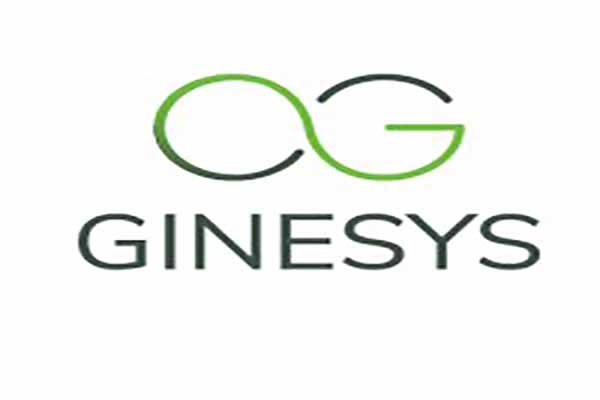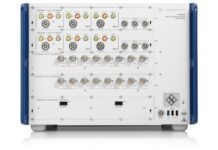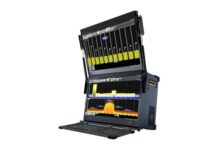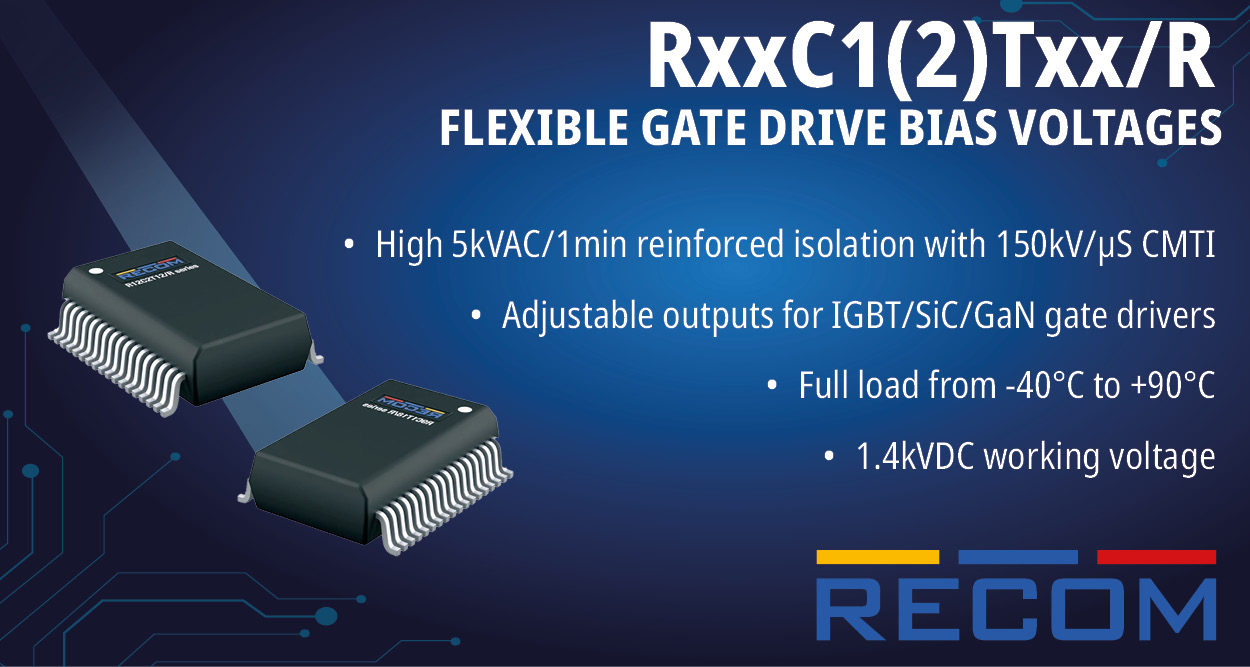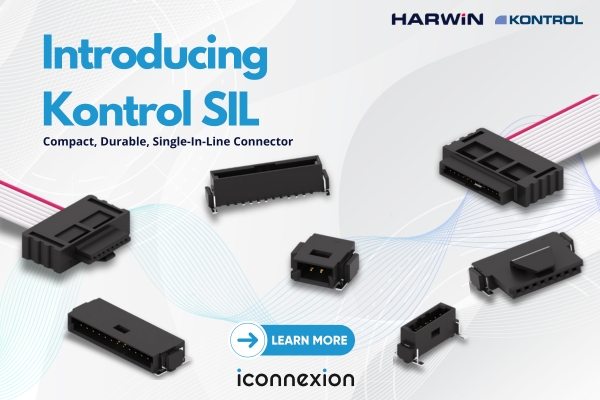RFID, also known as radio-frequency identification, is a wireless technology that uses radio waves to identify objects. It sends information from an RFID tag to a reader, giving them accurate, up-to-date inventory tracking data. RFID for retail is the cornerstone of today’s omnichannel retailers because it gives a clear picture of the supply chain and inventory management. RFID is regarded as a key enabler of omnichannel capabilities, providing inventory accuracy and has the ability to boost return on investment and broaden the use of technology to improve business. Retailers have been using RFID technology for the past ten years, but this disruptive technology has only gotten better with time, proving that it is here to stay and grow.
An unparalleled chance to reinvent store operations is presented by RFID. Inventory and Supply-chain management: RFID technology in retail stores offers real-time and accurate inventory tracking, which allows retailers to check the stock levels, and locate the product in an end-to-end supply chain. It also makes it easy for employees to conduct inventory counts efficiently and decreases stockouts. Products are tagged by manufacturers before shipping, and these RFID tags can be tracked throughout the supply chain journey. It provides retailers the opportunity to monitor the goods, and accordingly manage their supply chain operations.
Automated Checkout Process: RFID provides a seamless automated checkout process. Shopping carts and check-out counters enabled with RFID technology automatically scan, and tally products. This reduces the waiting time for customers and fastens the check-out process.
Anti-Theft System: RFID software reduces the chances of shoplifting and shrinkage. The RFID tags will trigger an alarm, when a product leaves the store, without being deactivated at Pos.
From initial shipments to final sales, RFID tags are functional. They make it easy for retailers to operate in the modern retail environment. RFID tag mandates are placed on vendors by retailers, who demand that they tag their own shipments and merchandise. Retailers also give expectations, specifications, and guidelines for labeling the merchandise. The vendors are expected to comply with all guidelines. If the retailer’s directive is not followed, there could be fines, merchandise chargebacks, or vendor-retailer agreements ending.
Retailers can anticipate at least 1% higher sales for every 3% improvement in inventory accuracy, according to statistics. Retailers typically operate with an inventory accuracy of roughly 70%, which reduces the likelihood of a positive impact on sales.
Benefits of RFID
Speed: How would it feel to count an entire aisle of inventory in seconds? The pain and frustration of scanning every single barcode is just unimaginable. But what happens if a dozen of merchandise gets scanned swiftly? Speed comes with RFID. RFID in retail provides a lightning-fast inventory audit that saves time, operational cost, labour costs, and gives near real-time details of your stocks. No more manual scanning, no more lost sales. Just swift, and accurate details of your inventory, ready for the next move.
Huge Data Storage: The magic of RFID has spread to all sections of retail. RFID tags are the powerhouse of data storage. Every tag is embedded with a data vault, filled with information on your merchandise. For detailed information from the warehouse to the end-user, the expiration of products to the movement of trucks, these tags will give you a clear real-time picture of your inventory stocks. You have the freedom to explore more opportunities with RFID. By analyzing your inventory and warehouse data, you can predict demand, ensure product freshness, and track the expiration date. Thus, this powerhouse opens different avenues of possibilities for goods details, expiration dates, and good movement records.
Durability: Barcodes are delicate items, which will fade and peel. But that’s not the case with RFID tags. They are tough! They can navigate through the rugged floor of a warehouse to stand strong and tall in outdoor environmental conditions. RFID tags are robust and remain unfazed. You do not have to worry about peeling off your barcode tags. RFID tags are strong, ensure consistent data capturing, storing, and doing a smooth business.
Efficient retail ecosystem: RFID is about building a smarter, more efficient retail ecosystem. Picture smart stockrooms that restock automatically, negate any chances of missed sales, and keep your customers happy. Imagine a check-out free zone, RFID-integrated carts, and frictionless purchasing. Everything is sorted and simplified.
Smart Stockrooms: Smart stockrooms enabled with RFID can automatically detect the products that are low in stock. It reduces the chances of any missed sales opportunities.
Enhanced Trial Room Experience: Implementing RFID solutions in trial rooms allow retailers to offer a personalized and convenient shopping experience. This will potentially boost sales, because customers will have easier access to information while trying on items.
Omnichannel retail business can be streamlined with RFID software, enabling online orders to be effortlessly completed with accurate inventory data. It provides the necessary supply chain transparency. Shipments are tracked and tagged, giving exact details about every aspect. In addition to easing business operations for you, it supports a solid foundation of co-operation and trust between supplier and the retailer and establishes the tone for control and visibility.



